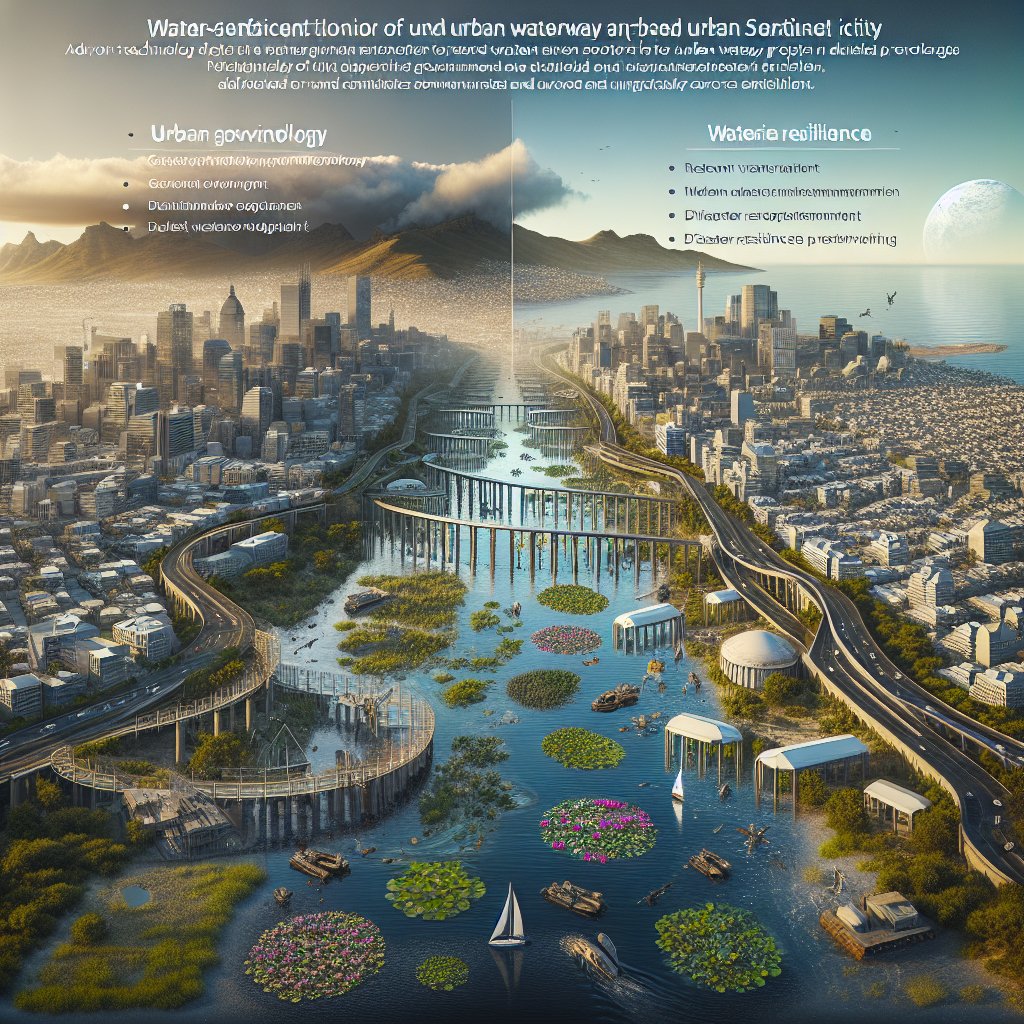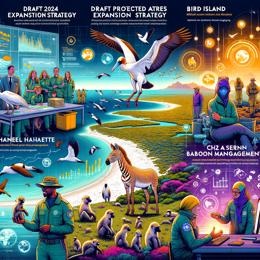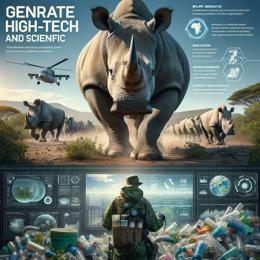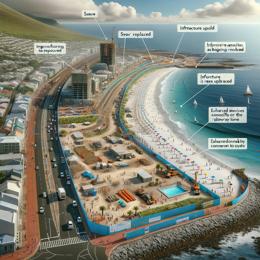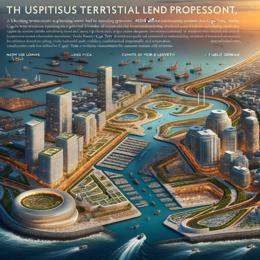Image created by AI
Cape Town River Rehabilitation Hits Financial Roadblock, Delays Expected
The City of Cape Town's ambitious plans to breathe life back into its waterways have hit a fiscal snag. Its Liveable Urban Waterways (LUW) programme, a cornerstone in the city's vision to transform into a water-sensitive city by 2040, is facing significant delays. The city has pushed the timeline for four critical projects to 2033/34, citing severe budget cuts and re-evaluation of capital expenditure priorities.
Aimed at revitalizing Cape Town’s rivers, the LUW programme targets ecological restoration, resilience against climate change impact, and the enhancement of social spaces around urban waterways. The decision follows Finance Minister Enoch Godongwana's announcement of nationwide budget reductions which have forced the Mayoral Committee to reassess funds allocation amid "borrowing capability and affordability constraints".
These deferrals are no less than a setback for environmentalists and community members who had long advocated for such initiatives. The stagnant projects complexly intertwine ecological wellbeing and social equity, bringing to light the city's struggle to manage urban growth without compromising its natural habitats. Despite having earmarked over R13-million for preliminary design and planning, the reprioritization means a jarring halt to the process set in motion to reinvigorate Keysers, Grootboschkloof, Westlake, and Spaanschemat rivers.
While the LUW's scope encompasses a broad spectrum of activities beyond these projects, the delay signifies a potential waste of previous expenditure and a blow to the momentum for future environmental action. This dilemma foregrounds the continual balancing act faced by municipalities globally: aligning fiscal sustainability with the unquantifiable value of environmental conservation.
Moreover, the delay poses critical questions about urban governance and its capacity to shield long-term environmental goals from short-term financial adversities. In a particularly worrying reflection shared by various stakeholders, there is a shared concern that these financial constraints are symptomatic of a larger tendential oversight of environmental imperatives in political agendas.
The narrative extends beyond budget sheets, encapsulating broader socio-environmental challenges such as pollution management, disaster resilience for the underprivileged populace, and the tireless advocacy for natural resource preservation. The LUW projects' deferral offers a mirror to society, wherein the value of clean water and healthy ecosystems become painfully evident only upon their absence.
As the story unfolds, the City of Cape Town faces the intricate task of reassessing its approach to harbouring a nature-conscious and inclusive urban landscape. Community involvement, diversification of funding sources, and strong political will are pivotal to resuming the envisaged path to a sustainable future. Though the LUW has been a beacon of hope for ecologists and civil society alike, its delayed trajectory serves as a call to review and potentially redesign urban environmental governance at large.
